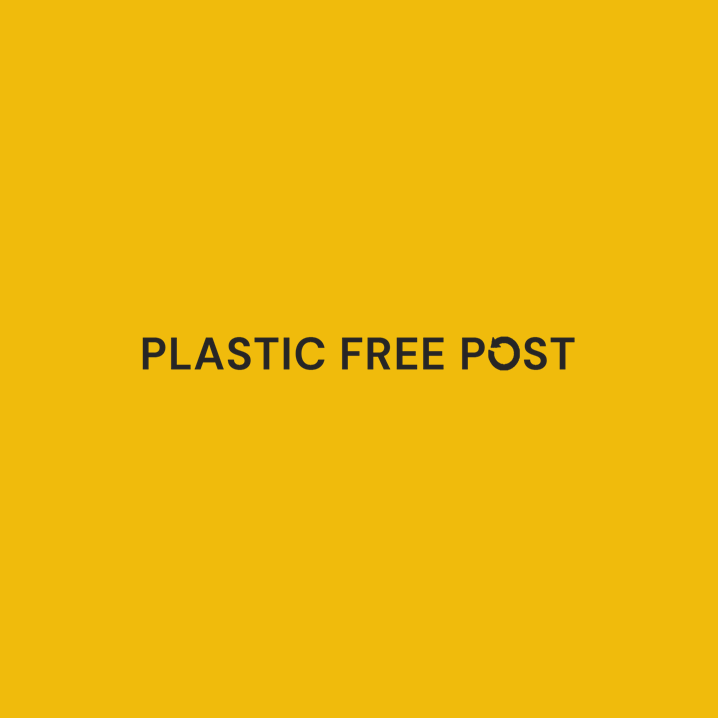
Dear Reader,
| This week, UK supermarkets are the most reliant on plastic packaging compared to European counterparts, according to analysis by DS Smith. Latest figures show EU Member States increased exports of plastic waste to non-OCED countries last year. An investigation by the BBC revealed the UK’s energy increasingly comes from burning plastic waste. More evidence of the plastic recycling myth. A US research team from the College of Charleston University has found that exhaled air from bottlenose dolphins contains microplastics. Finally, the world-first Plasteax platform developed by EA Earth Action has been released to governments ahead of UN Global Plastics Treaty negotiations to allow access to plastic production, leakage, and waste management data that can inform their waste policies. |
As always, we hope you enjoy reading.
John Higginson
Editor-in-Chief
Plastic Free Post
Over half of UK food and drink products wrapped in unnecessary plastic
| The study assessed 1,500 grocery items across five top European food retailers in France, Germany, Spain, Italy, Poland, and the UK. It found that the UK is the most reliant on plastic packaging, with 70 per cent of all food and drink products containing plastic, compared to 67 per cent in Spain, 66 per cent in Italy and Germany, 62 per cent in Poland, and 59 per cent in France. DS Smith also found 84 per cent of unnecessary plastic used in the UK could be replaced or significantly reduced, as manufacturers and retailers fail to meet their plastic reduction targets despite their ongoing environmental commitments. |
Read more here.
EU plastic waste exports to Malaysia soar
| Data from Eurostat, the EU’s statistical office have found a 35 per cent increase in plastic waste being sent from EU Member States to Malaysia last year compared to 2022. The volume exported into Malaysia amounted to 283,000 tonnes in 2023, an increase of 99,000 tonnes from the previous year. In its monthly report on October 1st, plastic waste trade watchdog group Basel Action Network called out the EU for the continued increase in plastic waste exports to poorer countries, which reached 78,000 tonnes in June of this year, compared to 58,000 tonnes in June 2023. |
Read more here.
Plastic waste increasingly burned for energy
| Some three percent of the UK’s energy now comes from plastic waste which produces the equivalent amount of greenhouse gas as coal when burned. This comes as over half of the UK’s household waste is being sent to incinerators, the number of which in England has jumped from 38 to 52 since 2019. Nearly half of all incinerators in the UK have managed to get a capacity increase approved by the Environment Agency without applying for a new permit – which requires public consultation. The waste they are burning is increasingly made up of plastic, according to local government data, despite being the dirtiest type of waste to burn due to its production from fossil fuels. |
Microplastics found in dolphin breath
| Scientists collected samples of exhaled air from bottlenose dolphins in two sites- Sarasota Bay, Florida, an urban estuary, and Barataria Bay, Louisiana, a rural site. They found microplastics in the exhaled breath from all 11 bottlenose dolphins sampled, leading them to believe the inhaled plastics were airborne. Many of the microplastics found in the dolphin breath samples were polyester, a common polymer used to make clothes, which shed huge amounts of particles when washed. The US research team from College of Charleston University in South Carolina are concerned about the potential impact of inhaled plastics on the animals’ lungs. |
Read more here.
Governments granted access to global plastic database
| Database Plasteax, created by EA Earth Action, can now be accessed by governments to integrate their plastic data to help inform national waste policies, particularly in preparation for the upcoming Global Plastic Treaty negotiations and post-ratification. Plasteax has been in use for over three years, offering plastic production, leakage, and waste management metrics to a variety of organisations. Its data is already in use by teams at select Fortune 500 companies, sustainability consultancies such as Quantis and South Pole, and organisations including the World Economic Forum’s Global Plastic Action Partnership and WWF. |
Click here to subscribe to the Plastic Free Post weekly newsletter.
